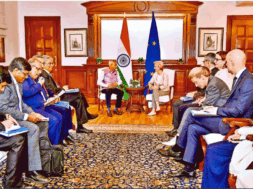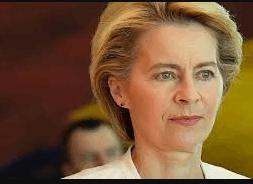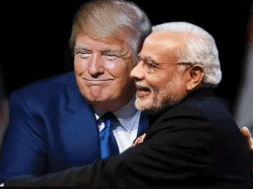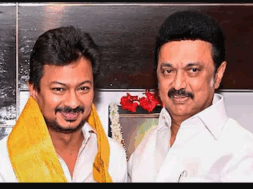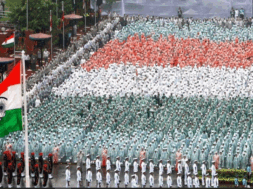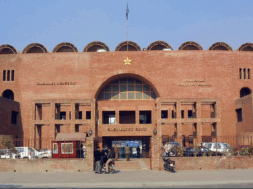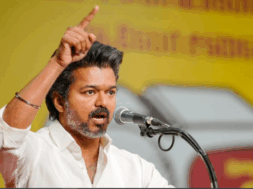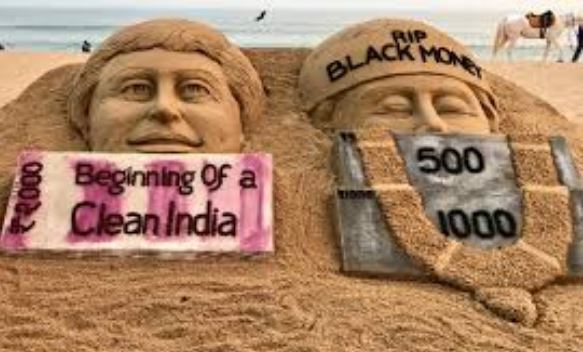
Demonetization@4: How it made digital payment the new normal?
Virendra Pandit
New Delhi: They are all routinely paying digitally now, but, just four years ago, these self-appointed ‘experts’ were after Prime Minister Narendra Modi for his historic step of demonetizing nearly Rs.17 lakh crore of Indian rupees.
On November 8, 2016, Modi had announced the demonetization of all Rs. 500 and Rs. 1,000 banknotes of the Mahatma Gandhi Series. The government had also issued new Rs. 500 and Rs. 2,000 banknotes in exchange for the demonetized banknotes.
But the initially misunderstood measure unfolded new opportunities as well.
Four years later, Microsoft founder Bill Gates has praised India’s policies for financial innovation and inclusion. Making digital payments a preferred mode for marketing, particularly after demonetization and this year’s pandemic-enforced lockdowns, have been a direct result of this.
India has built ambitious platforms for universal identification and digital payments, including the world’s largest biometric database and a system for sending rupees between any bank or smartphone app.
Gates said those policies have drastically reduced the cost and friction of distributing aid to the poor, especially during the pandemic, media reported on Tuesday.
“If people are going to study one country right now, other than China, I’d say they should look at India,” Gates said at the Singapore Fintech Festival. “Things are really exploding there and innovation around that system is phenomenal.”
India’s digital payments zoomed big way after the demonetization which invalidated most high-value banknotes as a major attempt to curb corruption, black money, and also push Indians away from cash. The Unified Payments Interface (UPI) has been aided by widespread smartphone use and plummeting wireless data rates.
“India is a great example,” Gates said during the virtual conference. His Bill & Melinda Gates Foundation is now helping some countries to roll out similar systems based on open-source technologies, he added.
Many countries like Russia, Morocco, and Bangladesh have evinced interest in India’s biometric system, known as Aadhar (Foundation), which has made UPI’s success possible.
Clearly, a measure once misunderstood as a disaster actually opened up new opportunities.
Gates spoke about how the Covid-19 pandemic is also one.
“Digital things overall — remote learning, telemedicine, digital finance—are now greatly advanced,” he said. “So even though the pandemic has been terrible, it has pushed some of these innovations, including how quickly we make vaccines.”
But he also warned that addressing the virus should be done in an equitable way and that prosperous countries should not decide who gets access to vaccines.
That’s why his foundation is working with global manufacturers, including the Serum Institute in India, to make sure there are sufficient dosage numbers at reasonable prices, he said.
Gates said he expected vaccines to put an end to the coronavirus in 2022, although he warned against complacency.

